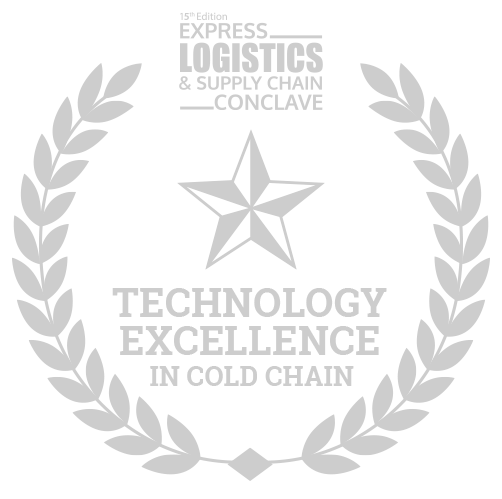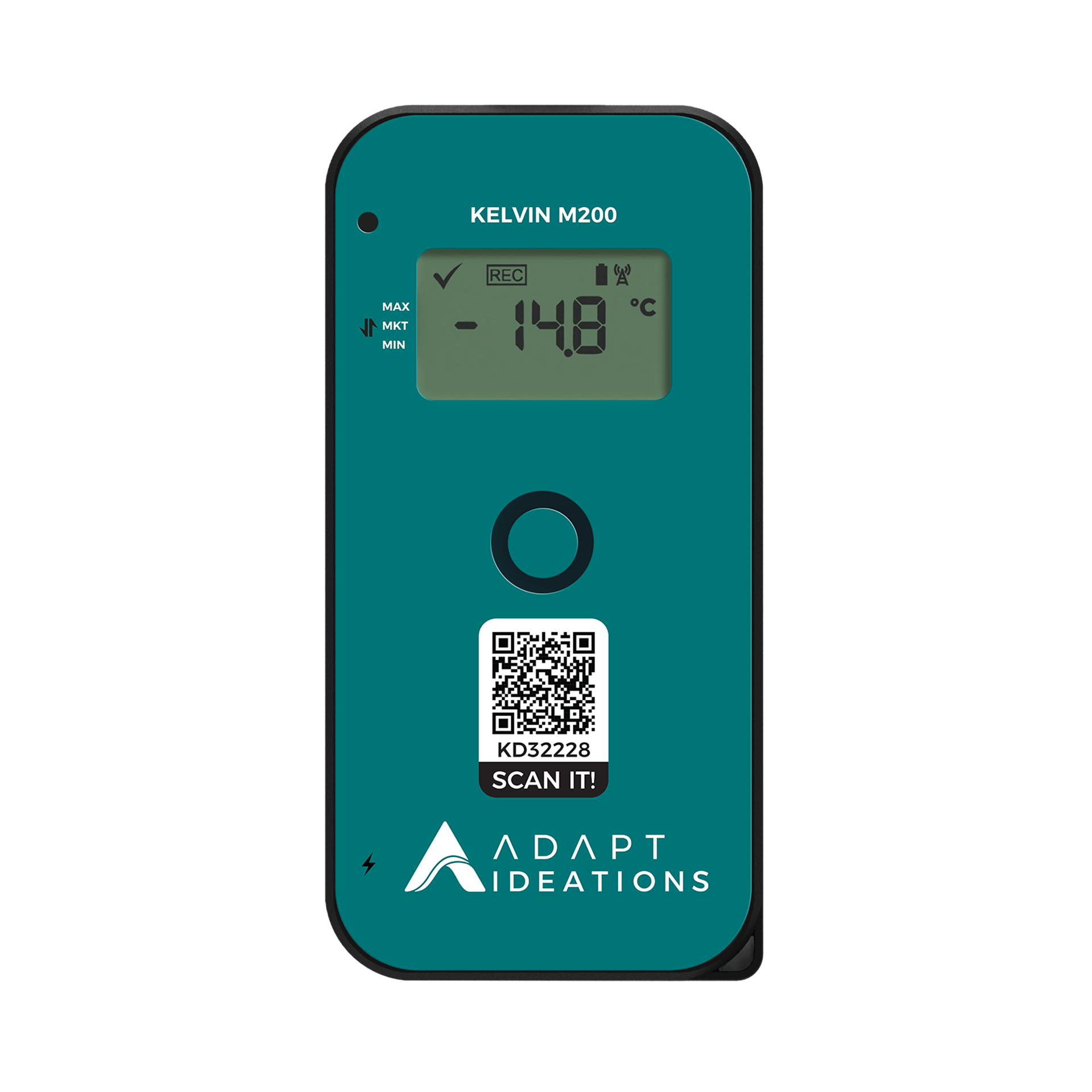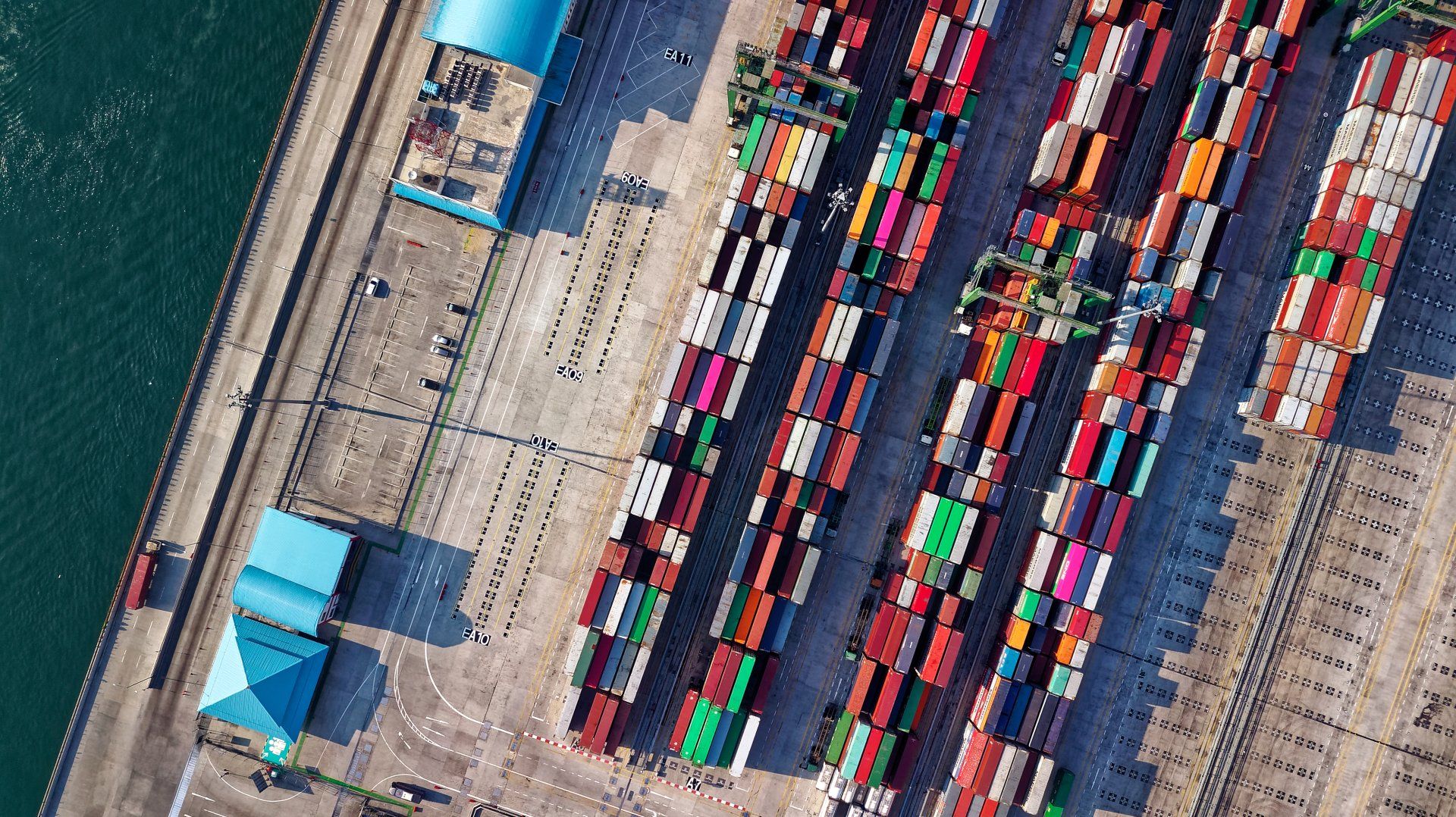How are smart contracts transforming supply chain today?
Exploring Smart Supply Chain.
Today’s supply chains are much more complicated, fragmented and difficult to understand. Smart contracts can make supply chain management simpler and more transparent.

What is a smart contract?
A smart contract can be defined as a software program powered by blockchain that carries out a digital contract when predetermined conditions are met. These documents allow for automation of the agreement so that all participants can be immediately certain about its outcome without any intermediaries involved or time loss.
The program allows the contract to digitally be enforced, facilitated and verified thereby making it smart. Therefore, the contract will function exactly as it has been programmed thereby no fraud or other interference is possible. A smart contract like blockchain itself allows input from a ledger and can trigger an event when necessary. For example, if a payment has been received, the smart contract can trigger a delivery, however, if a condition has not been met, the smart contract can trigger a penalty or another action.
Let’s imagine, you decide to purchase a new computer however, you’re concerned about the working conditions in the factory where the computer was assembled. There is no easy way to check where your computer came from and how it has been made. The complex web of relationships that provide the materials, manufacture the components, assemble the parts and deliver the computer to market is known as the
supply chain. Smart contracts can transform this process and make it visible to necessary parties.
Smart contracts are changing the face of supply chains.
Hundreds of years ago supply chains were fairly simple. Mines and farms provided natural resources to skilled craftsmen like blacksmiths and tailors who then created and sold finished products. Today’s supply chains are much more complicated, fragmented and difficult to understand. Smart contracts can make supply chain management simpler and more transparent.
Consider the impact that full visibility of a product's supply chain will give companies. Enabling them to know where parts have been sourced, what companies were involved in making the product and how it has moved from one end of the supply chain to the other. This allows companies to have full transparency and helps to strengthen partnerships between companies. The idea is to create a single source of information about a product in a supply chain via a global ledger. Each component has its own entry on the blockchain and can be tracked over time. Authorised companies then update the status of a component in real-time.
How can smart contracts be used in the supply chain process to improve efficiency and transparency for all involved parties?
Adapt Ideations have developed a smart contract application on IBM Hyper ledger as a PoC, where a contract between four organisations was drafted and deployed to their platform. Their sensors monitored important parameters of the machines such as temperature, operating time and relayed this data to their platform. Any violations of temperature or operation time of the machines triggered the smart contract and all the concerned organisations were notified.
Blockchain can transform supply chains, industries, and ecosystems. The opportunities are endless for all industries even ones that may seem to benefit less. As you could imagine the transformation of supply chains does not happen quickly. Transformation of the supply chain can take time as one technology may only affect one or two areas of a supply chain. Smart contracts can help eliminate costly delays and waste due to manual handling of paperwork. From there, the door is open to a smarter, faster, and more secure supply chain from one end to the other.
The opportunities for blockchain technology are endless.
While it may take time for blockchain technology to completely overhaul the supply chain as we know it, the opportunities for improvement are endless. Industries that may seem to benefit less from this new technology can still see vast improvements in efficiency and security with smart contracts and other applications of blockchain. If you would like to find out more about how your business could use blockchain technology to improve your supply chain, contact us today. Our team of experts is always happy to discuss how we can help you achieve your business goals.
Frequently Asked Questions On Smart Contracts
Share Our Post.
Awards & Recognition

Best Temperature Monitoring Solution Provider
Awarded by India Biologics & Vaccines Outstanding Industry Awards 2022

Adapt Ideations Recognised As A Supply Chain Leader
by Alcott Global on Supplify's Supply Chain Tech Map 2.0

Related Articles.










